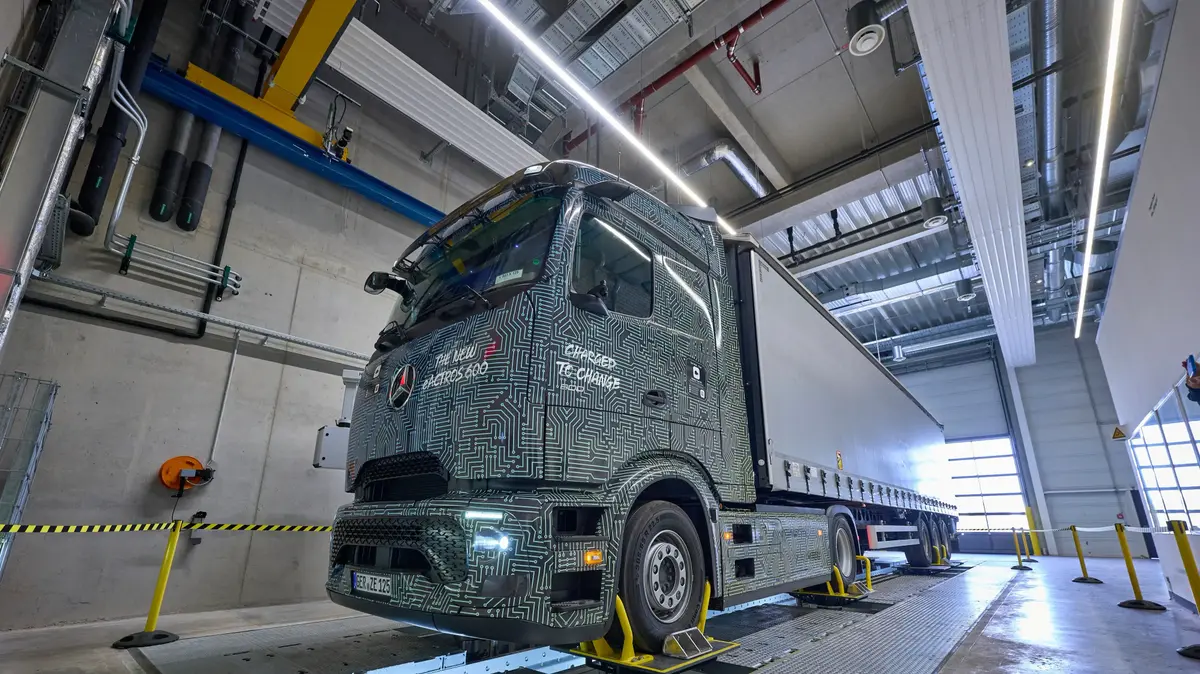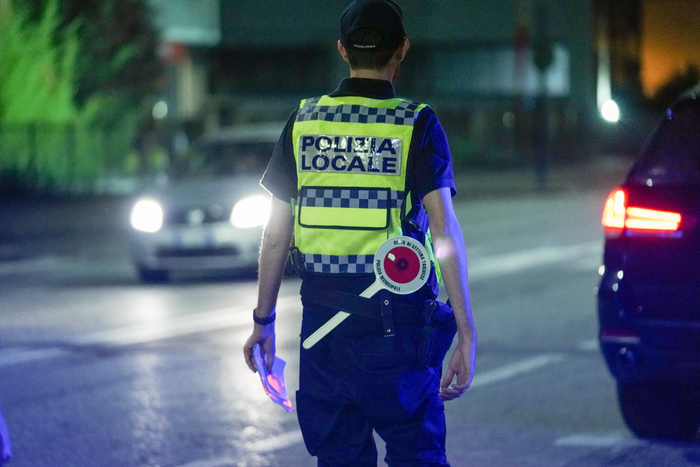Icon: enlarge
Morning traffic in Stockholm: Sweden explores a new way for more environmental protection in road traffic
Photo: Marco Bottigelli / Getty Images
In the future, Sweden will promote the conversion of cars with gasoline and diesel engines - they will then be powered by biofuels.
This was decided by the Swedish minority government made up of Social Democrats and Greens with the consent of the Center Party and the Liberals.
Vehicle owners can apply for the funding from next year, and they will be paid out from 2022.
It is planned that the state will assume half of the renovation costs.
There should be a maximum of 480 euros for the conversion to drive with ethanol (alcohol) and 2400 euros for the conversion to biogas drive.
In this way, Stockholm is embarking on an unusual path in terms of climate protection: While almost everywhere in Europe more efficient new cars - especially those with electric drive - are considered the ideal way to lower CO2 emissions in road traffic, Sweden is trying to improve the pollutant emissions of existing vehicles.
They would continue to be powered by internal combustion engines - but these use more environmentally friendly fuels.
The idea for the conversion originally came from the motorist organization "Gröna Bilister" (Green Motorists) in 2013.
The Swedish Greens have now taken up the idea.
With a fleet of just under 4.9 million cars in the country, there are "2.7 million cars that can be converted to fossil-free fuels," said Co-Green chief Per Bolund.
In 2019, the government commissioned the economic institute to examine the requirements for converting existing vehicles.
So far, however, only 1.92 million euros have been made available for this - a sum that is sufficient for the conversion of a maximum of 4,000 cars.
However, the amount can increase - depending on how drivers accept the conversion premium.
Costs may be too high for poorer drivers
The target group are drivers who "are dependent on their car and want to convert it with little effort and drive it with a clear conscience," says Bolund.
Also addressed are motorists "who cannot afford an electric car, but who can participate in the conversion of the transport sector through the conversion".
Sounds good, but it should ignore the reality of life for most of the target group.
If you drive an older car for reasons of cost, you will hardly have the 2400 euros left that you have to pay out of your own pocket to convert to natural gas drive.
Anyone who has to invest a few hundred euros for the conversion to ethanol drive will probably be put off by the fact that the further price development for ethanol is uncertain.
After the elimination of some tax advantages, E85, as the mixture of (a lot) ethanol and (little) gasoline is called, in Sweden only costs around five to seven cents less than a liter of gasoline, which is currently priced at 1.30 euros per liter .
Ethanol as a fuel controversial
Should the EU also reject Sweden's application to retain some tax advantages for ethanol, the price per liter for E85 could rise to just under two euros.
In addition, the energy content of ethanol is around 30 percent lower than that of gasoline and drivers have to calculate additional consumption.
In addition, the use of ethanol as a fuel is highly controversial.
Palm oil, soy and rapeseed are also used as raw materials.
For the cultivation of palm oil and soy, primeval forests are being cleared in Southeast Asia, which has a devastating effect on the climate and counteracts the purpose of E85.
With sensible integration, however, the environmental balance can be improved.
In Norrköping, Scandinavia's largest biorefinery produces around 200,000 cubic meters of ethanol annually from grain, residual products from the food industry and cellulose from agriculture and forestry.
Compared to fuel made from crude oil, 80 percent less CO2 is generated.
Car expert speaks of a "crazy idea"
Ethanol was very popular in Sweden a few years ago, but the pioneers in E85 cars have said goodbye to the technology (such as Volvo with its FlexiFuel models) or are broke (Saab, BioPower models).
Latecomer VW has withdrawn its last E85-compatible model from the market in 2018.
With gas propulsion, the environmental compatibility also depends on the raw material.
Biogas obtained from waste is better off than products made from natural gas.
However, most suppliers have given up the production of natural gas-powered cars.
Only VW still offers a noteworthy range of models.
A new model from the group is even coming onto the market, the next Audi A3.
The Swedish plan car expert Ferdinand Dudenhöffer describes it as a "crazy idea".
"Natural gas is dead. The manufacturers have not managed that for 20 years, why should it work in the 21st year? There are other measures that can save CO2 more efficiently."
Icon: The mirror









